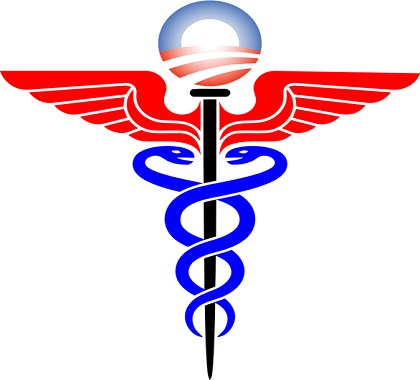Connecticut lawmakers are considering two bills that would impose fines on people for choosing not to buy health insurance.
The Connecticut state House Insurance and Real Estate Committee sponsored House Bill 5379 (H.B. 5379), which would require residents who do not purchase health insurance to pay a fine of $10,000 or 9.66 percent of their annual income, whichever is higher.
Connecticut state Rep. Joe Aresimowicz (D-Berlin) sponsored House Bill 5039 (H.B. 5039), which would levy a fine of $500 or 2 percent of annual income on individuals who decide not to buy health insurance.
H.B. 5039 was approved by the Connecticut General Assembly’s Joint Insurance and Real Estate Committee in March and made available for consideration in the full House of Representatives on April 9. The committee also held a March 2 public hearing on H.B. 5379 but did not vote on the bill.
The Connecticut House has not yet scheduled a vote on either bill.
‘Anything to Distract’
Connecticut state Rep. Rob Sampson (R-Wolcott) says some state lawmakers are trying to distract people from the legislators’ track records of inhibiting economic prosperity.
“The individual mandate is not good for American citizens, much less Connecticut citizens,” Sampson said. “They [lawmakers] are trying to put any divisive issue in front of voters that they possibly can, anything to distract from the tremendous damage that they have done to our state’s economy.”
‘A Tax on the Uninsured’
Doug Badger, a senior fellow at the Galen Institute, says “individual mandate” is another way of saying “more taxes.”
“Basically, an individual mandate, as structured, means a tax on the uninsured,” said Badger. “You’re not merely asking a healthy individual to buy something they may not particularly want, you’re asking them to pay an unfairly high premium for that protection. Younger people with generally lower incomes have to agree to subsidize older people who generally have high incomes.”
Badger says, in addition to the monetary effect, legislators use individual mandate laws to apply social pressure on people to purchase health insurance.
“The idea is that, by taxing the uninsured, you put sort of a social stigma on being uninsured,” Badger said. “People, therefore, not only to avoid the penalty but also to avoid the stigma associated with not buying insurance, will buy it.”
Calls for Freedom of Choice
Sampson says big-government solutions are not the answer to the problems with the nation’s health care system.
“I think the secret to fixing the cost of health care starts with health care first,” said Sampson. “You’ve got to basically limit the cost of doing business for providers, you’ve got to have tort reform, you’ve got to put doctors at ease so they’re not constantly practicing defensive medicine and ordering a bunch of needless tests for people. You need to have competition in the marketplace.
“Finally, and most importantly, you’ve got to let the insurance companies and consumers decide what they want to sell and what they want to buy,” Sampson said.




